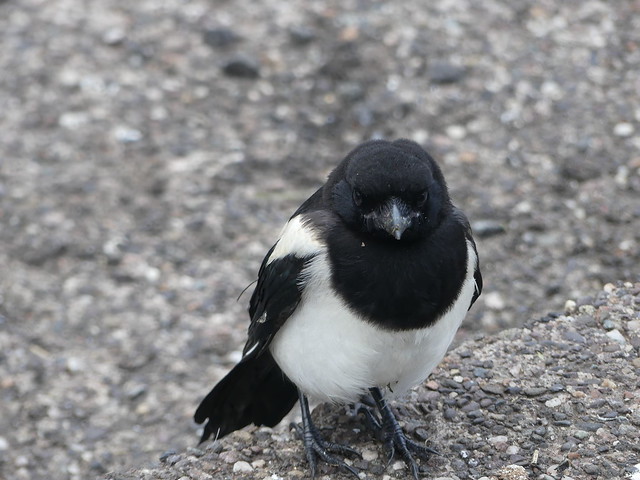Every time I have an academic book chapter published I promise myself that I will never do it again, because it takes so long from first submitting an expression of interest to finally seeing it published. But then I forget, and see a call for chapters that interests me, and before I realise what I am doing I’ve committed myself to the process again.
But, on the other hand, there’s something really fulfilling about seeing the final publication and reading over what I wrote again – not least because it’s been so long that I have actually forgotten what I wrote. So recently I was really pleased to find that I had chapters in two books published.
The first was a book about similarities and differences between disciplinary research and SoTL:
Honeychurch, S. (2025). SoTL and Disciplinary Research in Education Sciences: Collaboration, Bricolage and Remix. In: Bohndick, C., Kordts, R., Leschke, J., Vöing, N. (eds) Scholarship of Teaching and Learning und disziplinäre Forschung: Eine komplexe Beziehung. Doing Higher Education. Springer VS, Wiesbaden. https://doi.org/10.1007/978-3-658-47908-4_14
The second was, on the face of it, on the very different topic of Hope:
Honeychurch, S. (2025). 3. Serious fun: Reimagining Higher Education from a humane perspective. In S. Abegglen, T. Burns, R. F. Heller, R. Madhok, F. Neuhaus, J. Sandars, S. Sinfield, & U. Gitanjali Singh (Eds.), Stories of Hope (1st ed., pp. 41–48). Open Book Publishers. https://doi.org/10.11647/obp.0462.03
As I read both chapters over I realised that both owe a lot to my remix communities in different ways. The title of the first explicitly talks about bricolage and remix, though the chapter itself discusses it in the context of an academic group who are not themselves bricoleurs. The second doesn’t mention remix in the title, but the chapter itself uses DS106 as an example of how to infuse HE with hope and fun.
When I talk to newer academics about starting out in publishing I advise them to find a golden thread – a theme that they see recurring in their work, or would like to develop. I guess it’s no surprise that I’ve found mine.
